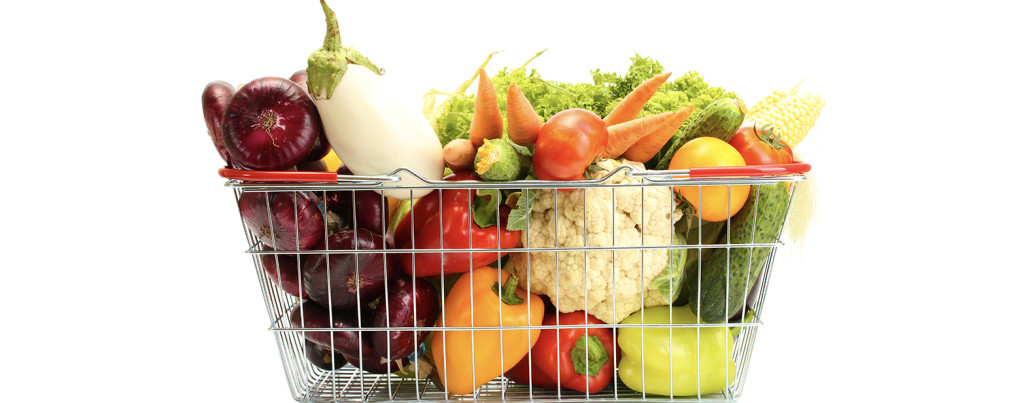Shares in Bradford-based grocer Morrisons (MRW) have fallen 2.5% to 214.1p on the news weak consumer demand impacted retail sales over Christmas.
Britain’s fourth biggest grocer by market share blames ‘a change in consumer behaviour’ for slower retail sales growth over the festive period, although the wholesale business performed strongly and Morrisons’ 2018/2019 year-end expectations remain unchanged.
FOUR IN A ROW
For the nine weeks to 6 January, group like-for-like sales (excluding fuel) grew by 3.6%, marking a fourth consecutive Christmas of growth for Morrisons.
However, the bulk of the growth came from the wholesale arm, the division with exciting growth potential which made a 3% contribution to the like-for-like uptick.
The share price fall is a reaction to the retail performance, with modest 0.6% sales growth for the peak festive period leaving investors cold.
This is a slowdown from the 1.3% growth generated in the third quarter, itself representing the softest pace of growth for some time, as well as the 2.1% retail growth delivered over Christmas a year ago.
Like-for-like transaction numbers reduced by 0.9% this Christmas, although Morrisons did enjoy an encouraging 0.8% increase in the average number of items shoppers put in their trollies.
CHANGING BEHAVIOUR
‘As has been widely reported, there was a change in consumer behaviour during the period,’ laments Morrisons. The retailer insists it performed well, ‘sustaining a strong offer and trading the business hard for customers’. It adds: ‘We were again more competitive, with the price of our basket of key Christmas items the same as last year.
It says customer satisfaction ‘increased significantly’, adding this is an important measure of turnaround progress, especially during the busiest weeks ahead of Christmas and New Year.
Chief executive David Potts comments: ‘This is Morrisons’ fourth consecutive Christmas of like-for-like sales growth during the turnaround. Our performance shows colleagues are listening hard and responding to customers, providing consistently great value and good quality when it matters most.’
Despite negative headlines for the wider high street, supermarkets actually posted record sales of £29.3bn over Christmas according to the latest grocery market share figures from Kantar Worldpanel, covering the 12 weeks to 30 December.
Lower inflation took its toll on sales, yet consumers still spent an extra £450m on groceries compared with this time last year. Over the 12 weeks, Kantar data show Morrisons’ market share declined by 0.2% to 10.6%, despite sales growth of 0.1%.
THE EXPERTS’ TAKE
‘The overall autumn slowdown of trading activity in the UK grocery market worried us, which makes Morrisons’ Christmas trading update for the 9 weeks to 6 January one meriting credit,’ says stockbroker Shore Capital.
It forecasts pre-tax profit and earnings per share estimates for the year to January 2019 of £412m and 13.1p respectively, representing year-on-year growth from £369m and 11.8p respectively.
The broker continues: ‘Experienced and capable management are trading the Morrison business well whilst continuing to self-improve the retail operations and carefully build-up its ongoing growth capabilities in-store, online and through the wider wholesale channel.
‘Whilst noting uncertain near-term times, we believe that Morrison is looking forward to realising significant further growth opportunities ahead.’
Russ Mould, investment director at AJ Bell, says today’s positive Christmas trading update from Morrisons is ‘impressive’ when you consider it enjoyed such a bumper festive period last time around.
‘Despite this representing a fourth consecutive Christmas of like-for-like sales growth, the market appears unconvinced. This is perhaps down to the supermarket’s retail business only providing a small proportion of the growth in the period and because overall, and despite a good contribution from the wholesale arm, sales were modestly behind expectations.
‘Retail sales growth was down materially both quarter-on-quarter and year-on-year although Morrisons did hold its prices for “key Christmas items”, a sign that management are not prepared to make short-term decisions to flatter quarterly performance.
‘The strong numbers reported by German discounter Aldi at the beginning of the week highlight the continuing challenge facing the established groceries firms. They need to decide whether to compete on price at the expense of margins, and the challenge of being price competitive may get even harder in the event of Brexit disruption.’



